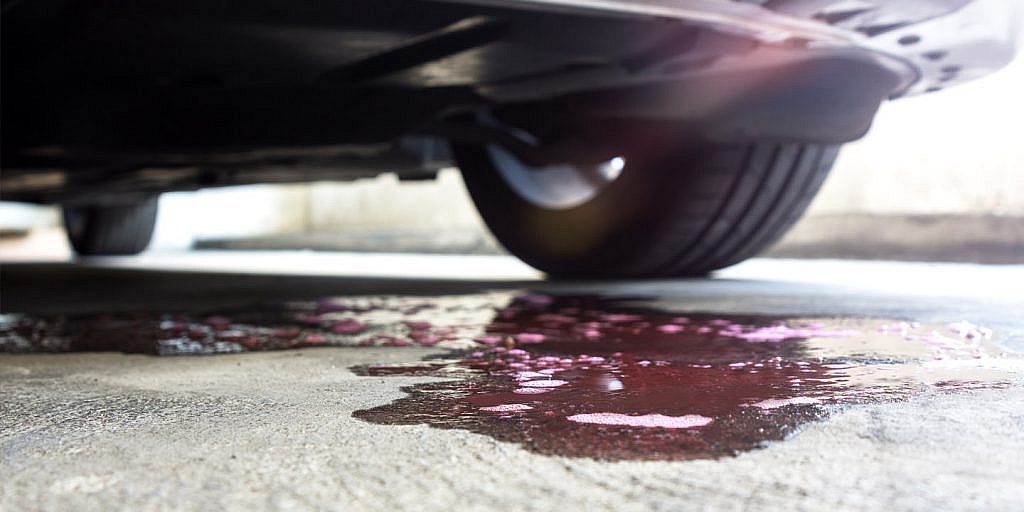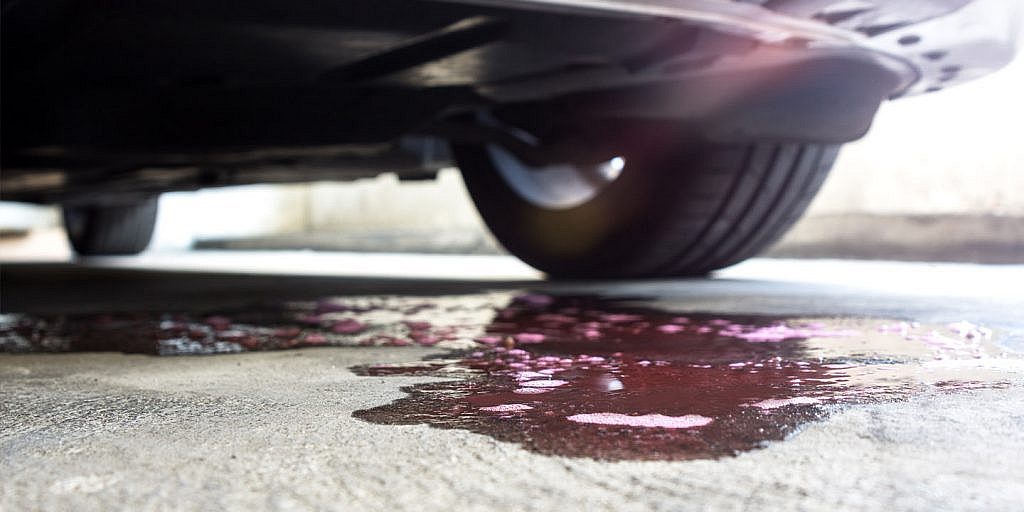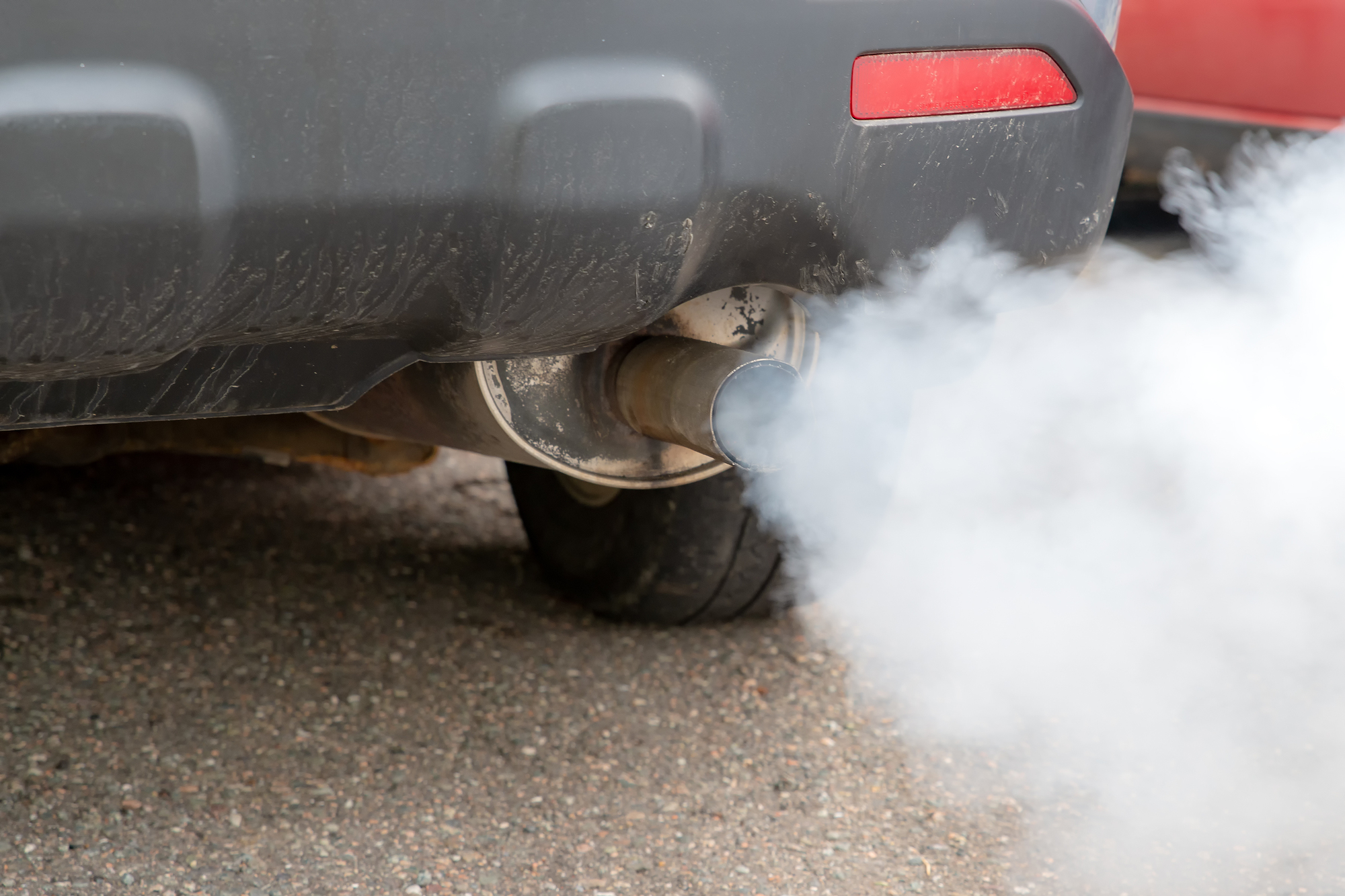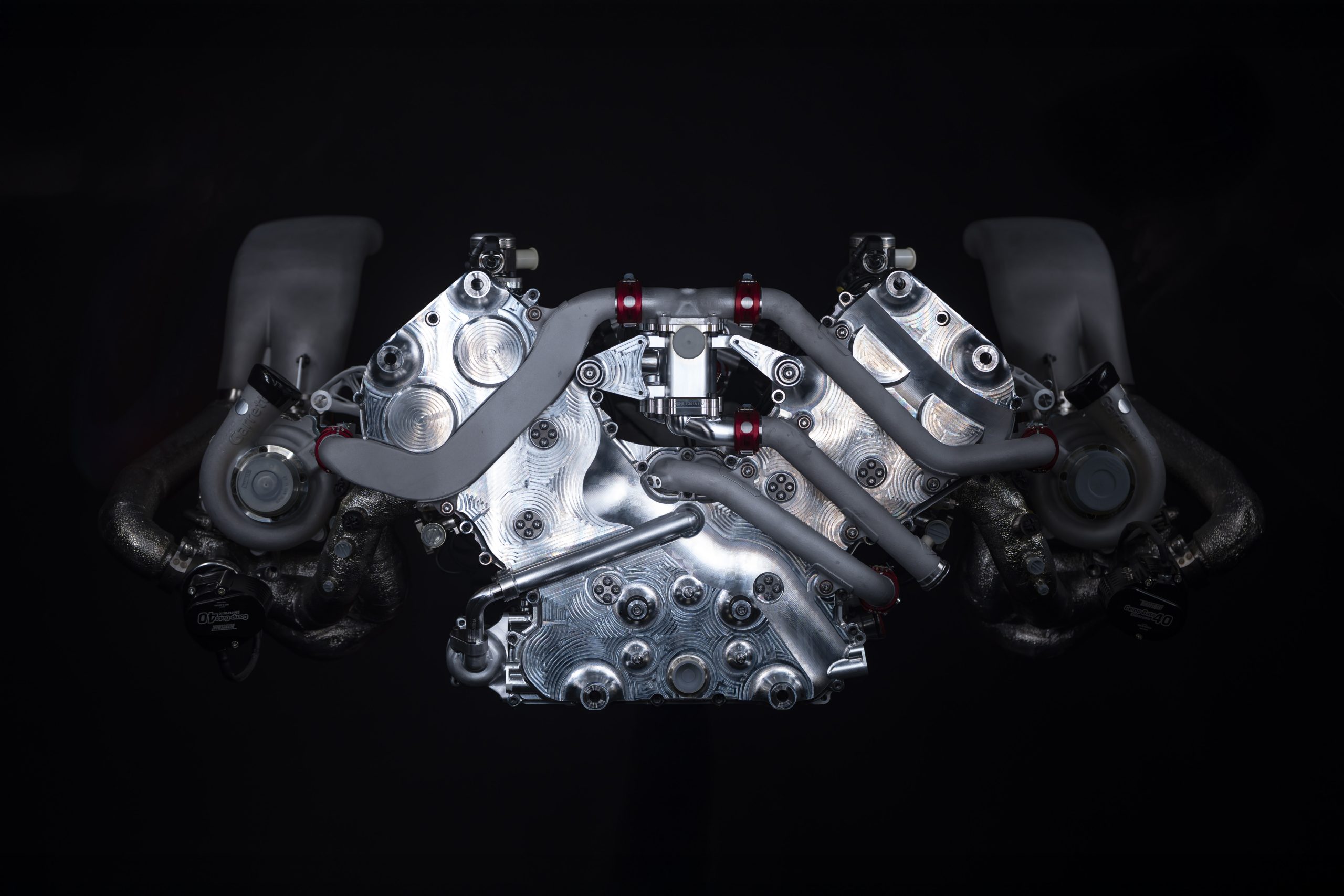Why Is My Car Leaking Water


Reasons why a car may leak water
Cars can sometimes leak water, which could be a sign of an underlying issue. One possible cause for this could be a damaged or faulty radiator, which is responsible for regulating the temperature of the engine by circulating coolant. Another reason could be clogged air conditioner condenser drains or possible leaks from damaged hoses and gaskets. Additionally, blocked sunroof drains may also contribute to water leakage in cars.
Some common reasons why a car may leak water are due to environmental conditions like rain, high humidity levels, or frequently washing your car. On the other hand, abnormal amounts of water may indicate mechanical issues that require immediate professional attention.
In some instances, if the problem goes unresolved for prolonged periods, it can eventually cause severe damage to various components of your vehicle’s engine and other systems.
In recent years, there has been increased development in vehicles’ efficiency and advanced technology. The downside is that some parts must work seamlessly together; otherwise, diagnosing the issues in complex systems becomes challenging.
The last thing you want is to experience costly repairs because you did not address the issue promptly due to a lack of information. Always have your vehicle checked out at an automotive repair shop if you notice any signs of water leakage in your car as soon as possible.
External factors causing water leakage
Water leakage in cars can be caused by various external factors. Some possible causes include damaged or improperly installed weatherstripping, clogged sunroof drains, cracked windscreen seals, or improperly sealed doors and windows. It’s important to identify the cause of the leak, as prolonged exposure to water can lead to mould growth and further damage to your vehicle. If left unaddressed, water leaks can also compromise the electrical system of your car, leading to costly repairs.
In addition to the common causes of water leakage mentioned above, it’s important to note that certain vehicles are more prone to leaks than others. For example, cars with sunroofs or convertible tops may experience leaks due to the presence of drainage channels that can become clogged with debris. Similarly, older vehicles with worn-out seals or gaskets are more susceptible to water damage.
It’s important to address water leaks in your car as soon as possible, as water damage can lead to significant damage and costly repairs. In some cases, it may be necessary to seek the help of a professional auto mechanic to properly diagnose and repair the issue.
A friend of mine once had a water leak in his car that he ignored for months. By the time he addressed the issue, his car’s electrical system had been severely damaged, and the repairs cost him thousands of dollars. Don’t make the same mistake. If you notice water in your car, address the issue as soon as possible to avoid further damage.
Rainwater seeping into the car
Water infiltration occurs in cars when rainwater finds its way through the exterior of the car and seeps into the interior. Rainwater penetration can be caused by a variety of external factors. The age, condition, and location of the vehicle are among the factors that contribute to water infiltration.
Rainwater seeping into a car is often caused by leaking door seals, cracked windows or window gaskets, clogged sunroof drains, or damaged weather stripping. These issues can lead to an accumulation of water inside the vehicle, leading to problems with mould growth and electrical systems.
To prevent water from getting into the car, drivers should inspect their cars regularly for signs of damage and possible leaks. It is also important to add sealant products like silicone sprays or foam tape to areas where leaks might occur, such as doors and windows or on roofs.
As vehicles age and begin to deteriorate, this type of problem may become more common. Vehicles located in areas where heavy rains are frequent are also prone to accumulating rainwater, thus increasing the chance for seepage.
In history, there have been various reports indicating that vehicles parking outside experienced similar issues. Owners would complain about bright sunlight after heavy rainfall, not knowing that UV rays, together with constant exposure to excessive humidity, could cause door seals and window gasket defects, ultimately leading to water penetration problems.
Condensation from the air conditioning system
Air conditioning systems produce moisture, which can lead to water leakage issues. This can happen when the moisture condenses on surfaces such as ductwork or cooling coils, causing them to become saturated and potentially resulting in water dripping or pooling.
If condensation occurs within the air conditioning system itself, it’s possible that moisture could accumulate and cause damage over time. Additionally, inadequate ventilation in the affected area can exacerbate this issue by trapping excess humidity.
To prevent condensation-related water leakage, routine maintenance is essential. Regular inspections and cleaning of components such as cooling coils and drain pans can help prevent blockages or the buildup of excess moisture. Installing a dehumidifier in areas susceptible to high humidity levels can also be useful.
By addressing condensation-related issues early on, potential water damage can be avoided and the longevity of the air conditioning system increased.
Internal factors causing water leakage
Water leakage in cars can be caused by various internal factors. One such factor is a damaged or worn-out gasket. A gasket is a seal that prevents fluids from leaking out. When a gasket wears out, it can allow water to escape from the coolant system. A damaged water pump can also cause water leakage. The water pump plays a crucial role in maintaining the coolant system’s pressure and flow, and when it gets damaged, it can cause water to leak from the engine. Additionally, a cracked engine block can cause water leakage. The engine block is the core of the engine, and when it develops cracks, it can allow water to leak. It is essential to identify the source of the leakage and fix it before further damage occurs.
It is worth noting that water is a vital component of a car’s engine. It plays a significant role in dissipating heat generated by the engine. However, it is essential to ensure that the water in the engine remains within the coolant system. Failure to control water leakage can damage your car’s engine, resulting in high repair costs.
According to a report by Carfax, approximately 10% of all cars require immediate repairs due to water pump leaks.
Damaged or cracked windshield
The presence of a damaged or fractured windshield is one of the internal factors that can cause water leakage in vehicles. Windshields are designed to be tightly sealed to prevent any water from entering the vehicle through the gaps between the windshield and its moulding. However, if there’s a crack or chip on your windshield, it can create an opening that allows water to seep inside your car’s interior during rain, leading to water damage.
It’s crucial to repair or replace any damaged windshields as soon as possible. If left unattended for long periods, small chips and cracks can expand due to pressure changes caused by temperature fluctuations and vibration during driving. As a result, this can cause more significant leaks and lead to expensive repairs.
Using a silicone sealant on existing cracks may help keep water out temporarily. However, this is not a permanent solution and will not fix the root cause of the problem. It’s best to get professional assistance to repair or replace any cracked windshields immediately to ensure complete safety from water damage.
Pro Tip: It’s essential to park your vehicle in covered areas during rainy seasons and avoid exposing your car directly to the sun for extended periods. This will help mitigate expansion and contraction issues caused by high temperatures that may worsen cracks in your windshield over time.
Leaking heater core
A malfunctioning HVAC system can result in a loss of warmth or coolness inside the vehicle. The cause of this issue may be a leaking radiator or engine block where coolant is seeping out. In particular, when warm air is passed from the heater core, it can escape through cracks in the core and create water leakage within the vehicle’s interior. This leakage can damage flooring, electrical systems, and other components located near the core.
To diagnose if a leaking heater core is causing the water leakage, one should check for an oily film on the windshield when defrosting. A sweet odour released from the HVAC vents may also point to a faulty heater core. Inspecting coolant levels and searching for any corrosion on hoses could serve as additional ways to detect issues related to this problem.
It is important to address any leaks as soon as they occur, since long-term neglect could lead to significant damage resulting in expensive repairs.
A study conducted by JACS (Journal of the American Chemical Society) discovered that water can dissolve gold under certain conditions, such as low concentrations of chloride ions and high oxygen levels within impure water sources.
Faulty door seals
Water seepage is a common issue faced in many houses that can lead to costly repairs. A potential internal factor causing this problem is the ineffective sealing mechanism of doors.
When a door seal fails, it allows water to drip inside, potentially damaging the floor or furniture nearby. Moreover, the moisture trapped over time encourages mould or mildew growth, leading to various health issues.
Additionally, inspecting and maintaining door seals regularly prevents water infiltration. Lubricating and cleaning door hinges assures their longevity, reducing future repair expenses.
In an interesting history of this problem, some hinged doors made during World War II for ships had a faulty seal and leaked as they were opened and closed. This led to electric short circuits, endangering the crew on board. Eventually, manufacturers improved the sealing technique, thereby eliminating leakage issues.
Prevention and solutions for water leakage
Paragraph 1:
Worried about water leakage from your car? Here’s how to prevent and solve the issue. Follow these easy steps to keep your car in top condition.
Paragraph 2:
- Regular Maintenance: Periodic servicing and maintenance can help identify potential faults in your car that may lead to water leakage. Ensure that your car’s seals and gaskets are checked frequently.
- Inspect the Air Conditioning System: A damaged AC system can lead to leakage in your car. Check for leaks from the air conditioning system to avoid water accumulation in the cabin.
- Check the Drainage System: Faulty drainage systems can cause water to accumulate in your car, leading to leakage. Ensure that the water drains are unclogged and functioning properly.
Paragraph 3:
Ensure that your car’s floor mats are dry and clean frequently. Any moisture or uncleanliness can lead to water accumulation, which leads to leaks. This helps improve the longevity of your car and reduces additional expenses.
Paragraph 4:
Pro tip: It’s essential to take your car for regular maintenance checks, which can prevent water leakage and other issues.
Regular maintenance and inspections
Regular upkeep and examination of water systems are essential for preventing leaks and ensuring that they function correctly. Neglecting this can lead to extensive damage and costly repairs.
- Checking faucets, pipes, and hoses for any signs of wear or damage
- Replacing damaged parts as soon as possible to avoid further deterioration
- Cleaning gutters regularly to prevent blockages that can contribute to leaks
- Consulting a professional plumber to assess the system’s overall condition periodically
It is crucial to note that regular maintenance not only prevents leaking, but it also helps protect water quality while significantly reducing the demand for repairs and replacements.
In preventing and finding solutions for leakages, one must consider the potential causes, including the age of the plumbing system, environmental conditions, and improper installation.
To limit issues with water leakage in your property, consider insulating pipes in colder seasons; maintaining low pressure throughout the system during use; using protective coatings on fixtures; and installing a water monitoring system. These preventative measures work by lowering exposure to adverse elements that often cause leaks while prolonging the life of your water supply.
Repair or replacement of damaged parts
Damaged components often cause water leakage issues, and they require immediate attention to prevent further damage. Here are some essential tips for repairing or replacing damaged parts:
- Identify the source of the leakage and determine the root cause.
- If it’s a minor issue like a loose connection or a hole, replace or patch it immediately.
- Inspect pipe joints and valves for any damages. In the event of cracks or holes, replace them with new ones.
- Check the seals around appliances like dishwashers, washing machines, and refrigerators regularly. If you identify any leaks, replace them immediately.
- In cases where more extensive repairs are required, consult professional plumbers and get their expert opinion.
Proper maintenance can prevent water leakage issues before they even occur. Regularly inspecting pipes and appliances can alert homeowners to problematic areas that need repair or replacement, thus avoiding much larger expenses in the future.
Did you know that damage to pipes during installation may cause water leaks? A recent study has shown that up to 25% of all plumbing installations have at least one defect. Proper inspection during installation is key to avoid these issues altogether.
Use of car covers and sealants in the affected areas
To prevent and solve water leakage, various steps can be taken. One of the effective solutions is to use a car cover and sealants in the affected areas.
- Car covers can be used to cover the roofs of buildings that are prone to water leaks. This prevents rainwater from seeping into the building through cracks and fissures.
- Sealants act as a barrier against water penetration. They close off gaps, cracks, and holes through which rainwater can enter the building.
- The use of sealants also protects against mould formation due to stagnant moisture, which may cause negative health effects along with property destruction.
- By sealing off problematic areas, one can extend the lifespan of their roof while preventing costly damages caused by water leakage, resulting in easy handling with greater efficiency.
- To ensure the safety and optimum utilisation of these prevention mechanisms, professional installers should be approached, or effective tutorials should be followed.
It is worth noting that using car covers and sealants cannot completely prevent all types of water leakage. These measures tend to work best when used as a complementary solution on top of other preventive measures.
To avoid critical damage, necessary action needs to be taken immediately upon noticing potential water damage spots, or proper preventive measures must be taken without delay.
Therefore, it is wise to always keep an eye out for any warning signs, like mould formation or dampness in particular corners, etc., on your roofs before it’s too late and not wait for any visible disasters.
Remember, if your pipes are leaking more than your faucet, it’s time to call in the professionals.
When to seek professional help
To determine when professional help is necessary for a car leaking water, one should consider the severity and frequency of the leakage. If the leakage is minor and infrequent, one could attempt to address it on their own. However, if the leakage is excessive or recurring, it is advisable to seek professional assistance to avoid potential safety hazards and further damage to the vehicle.
When vehicle leakage becomes a persistent issue, it is necessary to seek professional help. A professional mechanic can diagnose the root cause of the problem and fix it efficiently and effectively. They have the knowledge and experience to identify the source of the leak, be it a damaged gasket, a worn-out part, or a malfunctioning system. Trying to address the issue without the proper expertise and equipment may result in further damage to the car or pose a safety risk for the driver and passengers.
It is crucial to address water leakage promptly to prevent severe car damage. When leakage is left untreated, it can lead to corrosion and rust, engine overheating, or electrical failures. In extreme cases, it may even cause accidents due to a lack of control over the vehicle. Hence, it is advisable to take immediate action and seek professional help instead of waiting for the situation to worsen.
A driver once ignored a minor water leakage issue due to a lack of awareness about the potential dangers. Over time, the leakage became worse, causing the brakes to fail and a severe accident to occur. It is imperative never to overlook any water leakage issue or attempt a DIY fix without proper knowledge and expertise. Seek professional help immediately to ensure the safety and longevity of your vehicle.
Signs that water leakage is beyond DIY repair
Water leakage can be a common household problem that homeowners may want to fix themselves. However, there are instances where the issue goes beyond DIY repair. Here are some indicators of when professional help is needed.
- Multiple Leaks
This means that leaks are occurring in different parts of your house simultaneously. This situation demands immediate attention and must be handled by professionals to prevent costly water damage. - High Water Bills
If you have recently noticed a drastic increase in your water bills and the cause cannot be attributed to changes in your usage habits, then this may indicate an underlying leak problem. An experienced plumber can pinpoint the source, remedy it quickly, and save you money on future bills. - Mould Growth
Mould requires moisture to grow and thrive, so if you observe mould growth despite proper ventilation and cleaning efforts, you might have a hidden leak somewhere behind walls or ceilings. A professional can accurately locate and fix the source, ensuring your indoor air remains healthy. - Structural Damage
Water seeping through concrete structures such as ceilings and walls causes massive damage over time. This situation requires prompt action to avoid risking the integrity of your foundation and structural safety. - No Improvement from DIY Fixes
If you have tried repairing leaks yourself but find that they keep recurring or have worsened instead of improving after several attempts, it’s best if you call a professional plumber instantly before additional damages arise.
It’s essential not to overlook small signs that could lead to severe consequences if left untreated for too long. Remember, not all leaking problems need expert work right away. Some minor issues would benefit from attention early on before worsening into a potential disaster.
In cases of emergencies such as burst pipes or overflowing toilets causing significant water damage in minutes, always turn off the main water supply valve immediately to lessen harm while waiting for professional assistance.
Getting help from professionals is necessary when facing severe water leakage cases that demand specialised skills intensive enough for knowledgeable personnel who have all the required tools and equipment. Without a professional’s advice or service, you may endanger yourself and your property or worsen the situation, leading to more costly repairs in the future.
The importance of consulting a mechanic to avoid costly damages
Routine maintenance of your vehicle is essential for its smooth functioning. However, even with the best care, cars may face mechanical issues, resulting in costly damages. It is crucial to recognise warning signs and consult a professional mechanic before it’s too late.
Consulting a knowledgeable mechanic can prevent more significant problems and unexpected breakdowns that could lead to expensive repairs. When searching for a mechanic, ensure they offer quality services and use genuine parts. Proper diagnosis and early detection of any issue can save money in the long run.
In addition to consulting a mechanic whenever necessary, regular servicing is also an effective way to avoid significant car repairs. Quality car maintenance goes beyond oil changes; it involves routine safety inspections, necessary repairs or replacements, tyre balancing and rotation, and checking various system performances such as brakes and transmission.
Finally, using your senses—sight, sound, and smell—can help identify potential problems with your car. Any unusual or recurring sounds from the engine or underneath the vehicle may signal an issue that needs attention. Additionally, visible leaks or strange odours from the exhaust system warrant immediate auto repair attention.
Why Is My Car Leaking Water – Frequently Asked Questions
Q: Why is my car leaking water?
A: There are several reasons why your car may be leaking water, such as a damaged radiator hose, a faulty water pump, or condensation from the air conditioning system.
Q: What does it mean if my car is leaking water from the exhaust pipe?
A: If your car is leaking water from the exhaust pipe, it may be due to condensation caused by the combustion process. However, if you notice an excessive amount of water, it may indicate a blown head gasket or other serious engine problem.
Q: Why is my car leaking water under the passenger side?
A: If the water is leaking from under the passenger side, it may be due to clogged or damaged drainage tubes in the air conditioning system, which can cause water to accumulate and eventually leak into the passenger compartment.
Q: Is it normal for my car to leak water?
A: It is normal for your car to leak small amounts of water, especially after using the air conditioning system. However, if you notice a significant amount of water or puddles under your car, it may indicate a problem that requires attention.
Q: Can I continue to drive my car if it’s leaking water?
A: It is not recommended to drive your car if it’s leaking water, as this can lead to serious engine damage and potentially unsafe driving conditions.











I do believe all the ideas youve presented for your post They are really convincing and will certainly work Nonetheless the posts are too short for novices May just you please lengthen them a little from subsequent time Thanks for the post